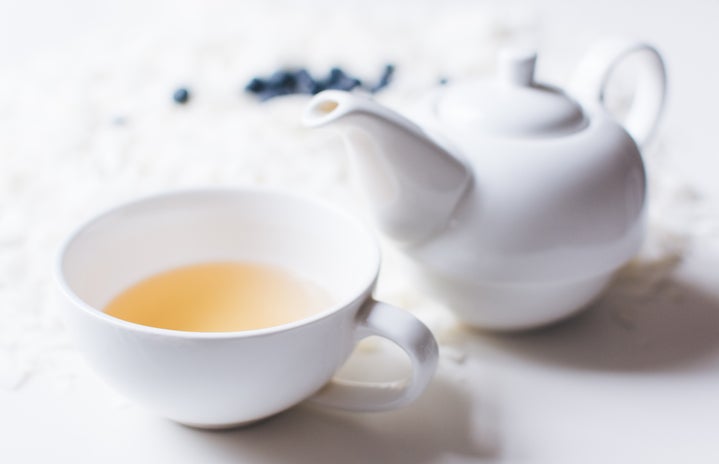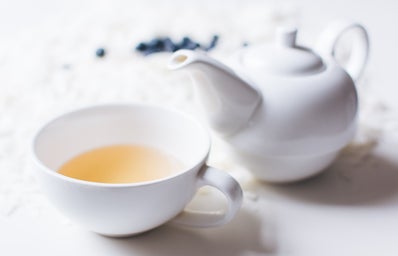If the planet earth were asked the classic icebreaker “Tea or Coffee?” it would answer tea in an instant. In fact, this aromatic leaf juice is the second-most consumed beverage worldwide, with water being the first. Tea has roots in every continent of the world (besides Antarctica), with each culture having unique traditions, preparations, and flavors surrounding their teas. For some people, it’s a symbol of hospitality, for some it’s a spiritual practice, for others it’s a pleasant way to wake up in the morning. Tea is the near-universal beverage of the world, with many people appreciating it for a multitude of reasons.
With such an impressive history, is tea anything more than simply a delicious beverage? Specifically, what are the health benefits of drinking tea? Tea is oftentimes anecdotally cited as being a healthful, relaxing drink, but the actual science behind this beloved beverage is more complicated than expected. A Harvard nutrition article succinctly summarizes the health effects of tea by drawing our attention to a chemical component found in the drink: polyphenols. These are chemical compounds present in plants which act as antioxidants; they neutralize the effects of free radicals within the body. Polyphenols can also lower inflammation. These compounds are found in numerous plant-based foods, including tea, dark chocolate, and wine. Tea has also been noted to lower one’s level of cortisol, which is a stress hormone your body produces in response to feeling frightened or anxious. In excess, cortisol can cause detrimental effects such as headaches, sleep problems, and even heart issues. With all this in mind, maybe tea really is the healthy hero we believed it could be.
However, it is tricky to downright claim that all tea is notably healthful. After all, tea is loosely (or rather, loose-leaf!) defined as any drink consisting of herbs steeped into water. There are potentially endless flavor combinations that could fall under the tea definition, meaning studying it for its chemical makeup can lead to widely differing results. Thus, claiming that all tea is inherently healthy or soothing may not be entirely accurate.
While analyzing tea for its chemical compounds may be too broad a study, there is another aspect of tea culture that can answer the question of tea’s healthfulness. The process of drinking tea is oftentimes one of rest: putting the kettle on, carefully selecting your favorite blend, watching the tea as it slowly steeps, and sipping it as you stare out the window and smile. Well, that scenario may be too idealistic for busy tea drinkers of the modern world, but the point stands that drinking tea often allows for people to slow down and take a brief moment to relax.
There’s also something to say about the mentality one may have towards tea. If one considers drinking tea as a relaxing activity, that mental expectation can in itself help lower an individual’s stress, the same way engaging in any cherished pastime can improve mood. And if tea is one of those things that makes you happy, then congratulations, it is indeed a de-stressing drink for you.
Overall, there is still much to learn about the health benefits of tea. The historical research on the beverage far outnumbers the scientific research. There is so much to learn about this disarmingly simple drink, and researching any area of it will lead you to many fascinating rabbit holes. For some examples, consider looking into the history of oolong tea in China, the significance of mint tea in Morocco, or the link between Suffragettes and tea rooms. Whether tea is an interesting scientific query or a place of historical discovery, I encourage you to take a moment, de-stress, and drink in the wonders of a good cup of tea.

